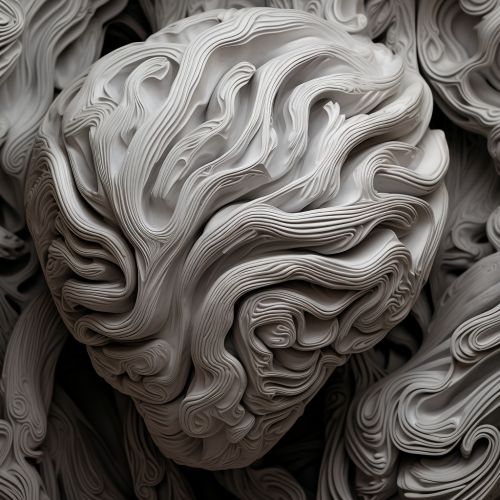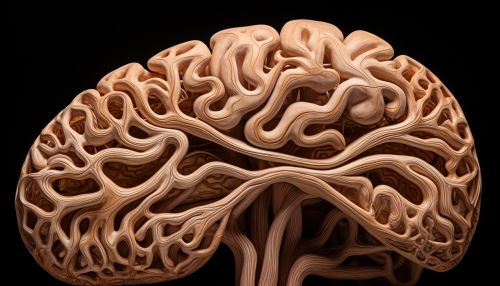Cognitive Neuroscience of Consciousness
Introduction
Cognitive neuroscience of consciousness is a branch of neuroscience that focuses on the scientific study of the neural mechanisms underlying consciousness. It is a multidisciplinary field that combines ideas and methods from psychology, neuroscience, cognitive science, and philosophy of mind.


Historical Background
The study of consciousness and its neural mechanisms has a long history that predates the field of cognitive neuroscience. Early philosophers such as René Descartes and John Locke proposed theories about the nature of consciousness, but it was not until the 20th century that scientists began to investigate consciousness empirically.
Neural Correlates of Consciousness
The neural correlates of consciousness (NCC) are the minimal set of neuronal events and mechanisms sufficient for a specific conscious percept. Neurobiological approaches to consciousness can be divided into two main groups: those that aim to identify the NCC, and those that aim to construct a theory of consciousness.
Theories of Consciousness
There are several major theories of consciousness that have been proposed by cognitive neuroscientists. These include the Global Workspace Theory, the Integrated Information Theory, and the Orchestrated Objective Reduction Theory.
Methods in Cognitive Neuroscience of Consciousness
Cognitive neuroscientists use a variety of methods to study consciousness, including neuroimaging techniques such as Functional Magnetic Resonance Imaging (fMRI) and Electroencephalography (EEG), as well as behavioral experiments and computational modeling.
Challenges and Controversies
Despite significant advances in our understanding of the neural mechanisms underlying consciousness, there are still many challenges and controversies in the field of cognitive neuroscience of consciousness. These include the difficulty of defining consciousness, the problem of subjectivity, and the so-called "hard problem" of consciousness.
Future Directions
The field of cognitive neuroscience of consciousness continues to evolve, with new theories and methods being developed. Future directions for research include the investigation of unconscious processes, the exploration of the relationship between consciousness and attention, and the application of new technologies such as optogenetics and brain-computer interfaces.
